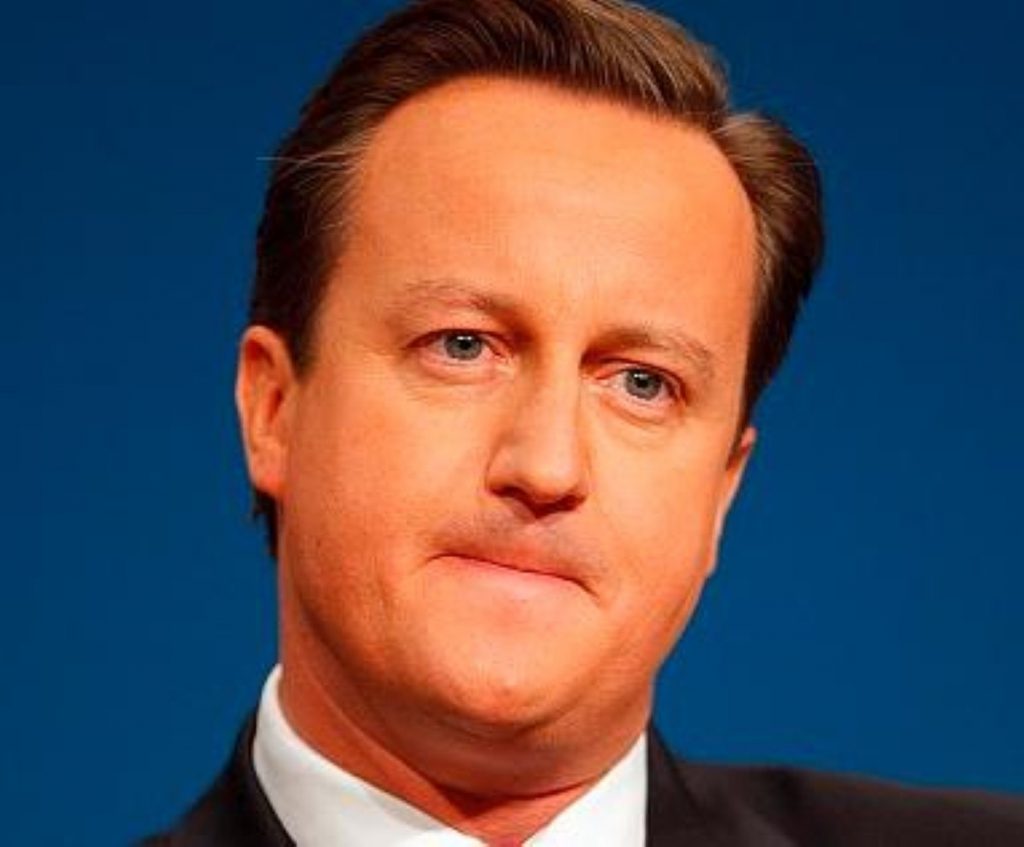The irresistible rise of the Tory rebels
This week's row about the EU referendum is getting so convoluted it's starting to feel as if this is an aberration from the norm. It is not. Endemic rebelliousness on the Conservative backbenches is here to stay even if the Tories change their leader, experts have warned.
Philip Cowley and Mark Stuart of the University of Nottingham, who spend their days monitoring exactly how much clout the whips have, have updated their analysis of party discipline so far in the current parliament. Their conclusion, in simple terms, is: what party discipline?
We remain well on course to notch up the most rebellious parliament since the Second World War. There were 61 rebellions by government MPs in the 2012/13 session. And there were rebellions by coalition MPs in 27% of all the votes held. That is actually a substantial decrease from the 2010/2 session, when the rate was 44%. The fall is simply a reflection of the ridiculously high levels of indiscipline seen then, though. Rates of rebellion remain very, very high.
A lot of this could be blamed on the coalition. That is understandable. It is a factor in this week's European nightmare, Cowley and Stuart explained at an event in London this morning, but it is not the decisive one. "Europe keeps coming, it's like a bad curry," according to Cowley. Its noxious flavours reappear again and again the morning after, he explained. Just like the Tories' European problem.


What really matters is the potential behaviour of rebels in the future. Careful analysis has revealed what makes a rebel isn't how marginal your seat it is – there is just no trend there. Being a man rather than a woman might have something to do with it, but it's proved very difficult to work out why a female MP is much less likely to rebel than a male one. The real certainty only comes when forecasting whether MPs, once they begin rebelling, can ever really stop. The answer is: they can't.
MPs become addicted to rebelling, according to Cowley and Stuart. Look at the behaviour of Tory backbenchers under John Major's leadership, when a slimmer majority didn't affect their discipline one jot. Once off the leash, they're unlikely to come back.
This poses a potential problem for Cameron if the Tories do manage to scrape together a slim overall majority at the next general election. For whatever reason, 60% of rebelling Tories are from the party's 2010 intake. A new generation of independent-minded Conservatives have abandoned new MPs' usual habit of being acquiescent and skipped straight to the rabid-out-of-control category.
Cowley and Stuart have been scratching their heads trying to work out what is driving this trend. It may have something to do with the ideological breadth of the party, the constraints of coalition government combined with the lack of manifesto constraint. It may be a result of worries about their career prospects, or their desire to be different; it may even be the result of a culture change in the way we do politics. Whatever the reason for the shift, it is happening. While it is not good news for the Conservatives now, it will definitely not be good news for them after the next election, either.
Top ten most rebellious MPs (number of times voted against whips in 2012/13 / total this parliament)
Philip Hollobone (106 / 129)
Philip Davies (68 / 85)
David Nuttall (74 / 88)
Peter Bone (56 / 68)
Mark Reckless (34 / 46)
David Davis (27/ 39)
Christopher Chope (48 / 59)
William Cash (41 / 51)
Greg Mulholland (27 / 37)
Zac Goldsmith (19 / 29)












